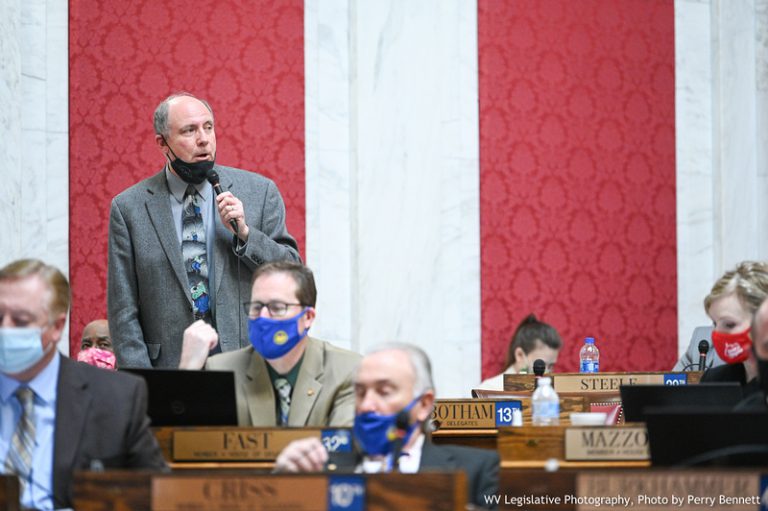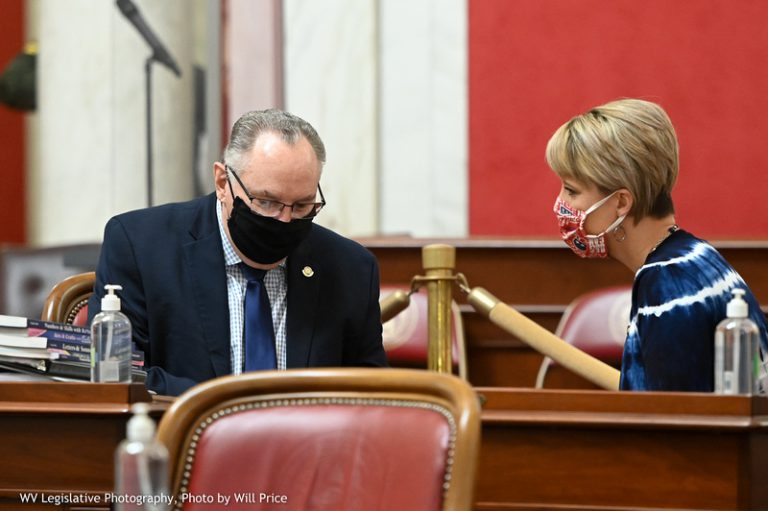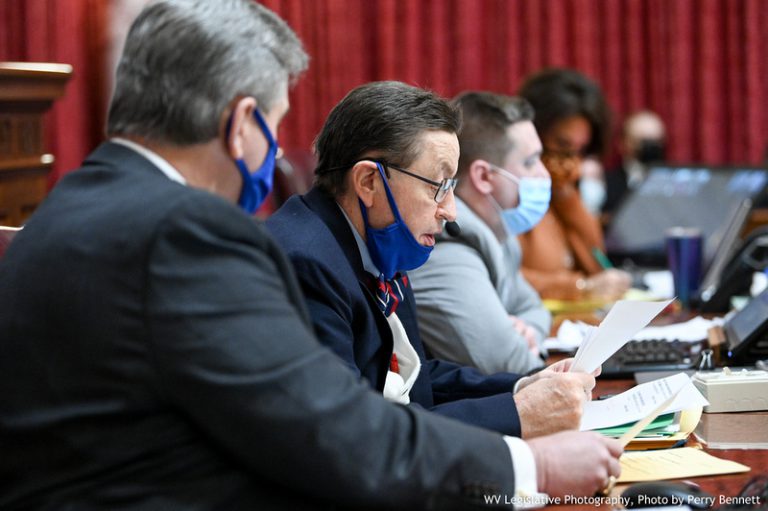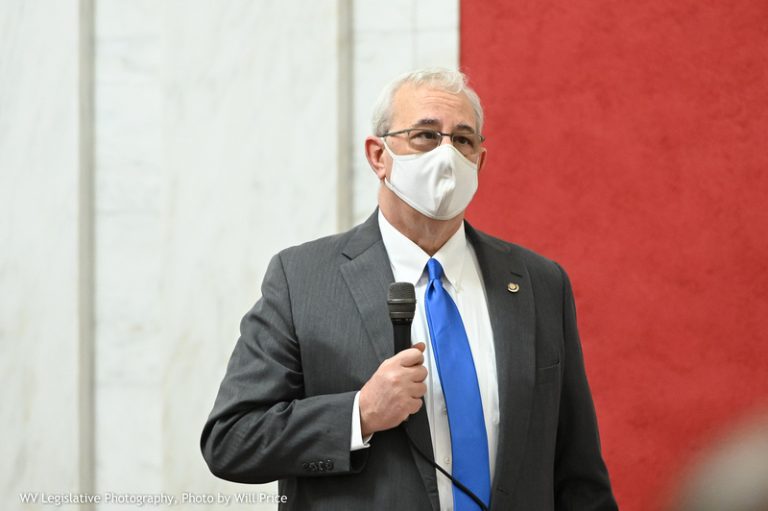Today, the House met today and passed House Bill 2012, which relates to public charter schools. Among provisions, this bill would add virtual public charter schools as an option and would increase the total of number of potential public charter schools. The Bill now heads to the Senate for their consideration.
All other bills on Third Reading today were also passed and sent to the Senate for their consideration and concurrence. Additionally, three bills, including House Bill 2019, which would elevate the Economic Development and Tourism Departments to Cabinet level, were read a second time and advanced to the passage stage for tomorrow.
Thirty-eight bills were introduced today in the House of Delegates.
The House is adjourned until tomorrow, February 17, at 11 a.m.
Government Organization will meet today at 2 p.m. in 215E.
Judiciary will meet today at 4 p.m. in 215 E.
Finance will hold a budget Hearing for DHHR at 4 p.m. in the House Chamber.
Tomorrow Morning, Agriculture and Natural Resources will meet at 8 a.m. in 215E; Banking and Insurance will meet at 9 a.m. in the House Chamber; Small Business and Economic Development will meet at 10 a.m. in 215E; Pensions and Retirement will meet at 10 a.m. in 460M; and, Rules will meet at 10:45 a.m. in 410M.











